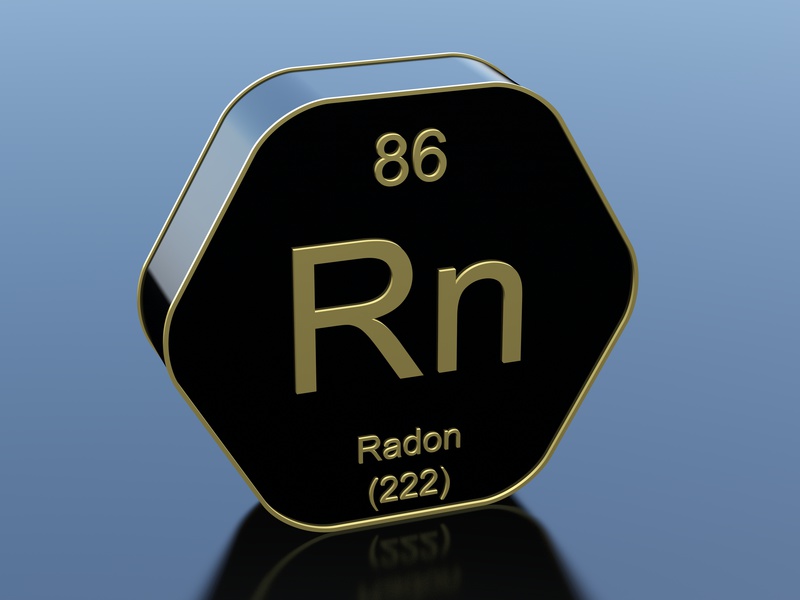Radon is a colorless, odorless gas that is a result of the breakdown of uranium and other radioactive elements. It can get into your home through cracks in your foundation, through your water supply, and more. Not only is it difficult to detect, it’s a hazard to your health. Here are some signs and symptoms that very well could indicate you have radon in your home.
Respiratory issues
If you’re breathing in harmful amounts of radon, you will start to notice respiratory issues like pneumonia and bronchitis. These conditions will get significantly worse if they are not treated as soon as possible. You will be especially prone to issues like this if you have radon in your home because radon affects your lungs.
Decreased muscle mass
Another common symptom of radon exposure is a loss of muscle mass. Most people tend to lose muscle mass every week. They then start to lose their strength until regular daily activity becomes very tiring. Weight loss, anemia, and unexplained rashes may also occur.
Hoarse voice
Radon gas poisoning can also lead to a hoarseness in your voice. Non-smokers should be especially cautious of this because a hoarse voice is uncommon for someone who does not smoke unless they are affected by some other health condition.
Other symptoms
Other warning signs of radon exposure include: coughing, difficulty breathing, wheezing, chest pain, coughing up blood, loss of appetite and weight loss, and even lung cancer.
Testing for Radon
Approximately 1 in 15 American homes is estimated to have radon levels that are at or above the EPA action level. For this reason, it is essential to get testing for radon done in your home even if you aren’t experiencing any of these symptoms. Residential radon testing services can tell you what the radon levels are like in your home so you can take appropriate action.
Testing for radon can keep your family safe and potentially save their lives. If you have any suspicion you may have radon in your home, check out our radon testing kits. Early detection is key in order to stop the damage that radon can bring.


Recent Comments